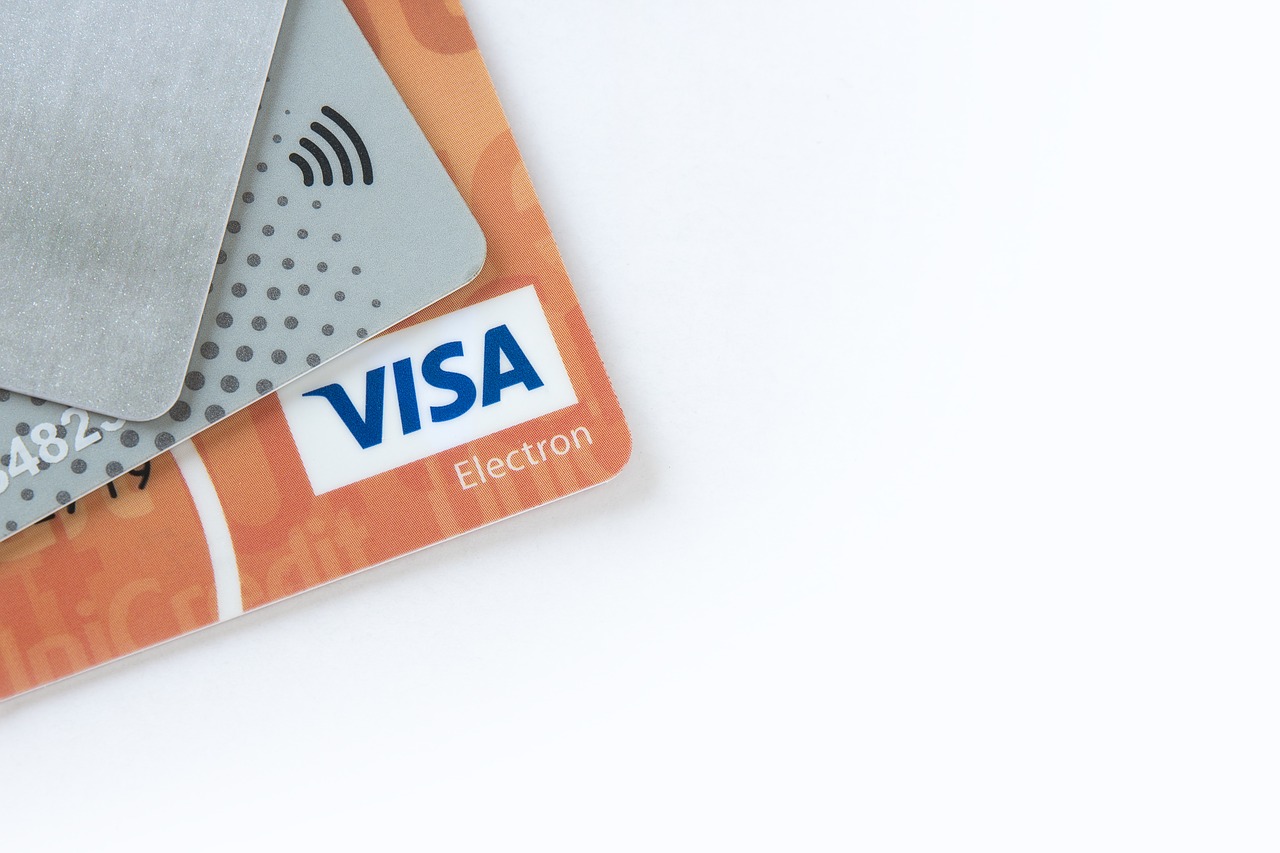
With more than $1.5 trillion of student loan debt outstanding, a lot has been written about student loans. Not much has been written about the relationship between student loans and credit scores.
Why are there credit scores? It’s not news that technology has replaced human interaction as the basis for getting a loan. Few remember going down to the credit union or bank, meeting a loan officer who collected some information and then made a decision whether to lend money or not. As data and technology developed, financial institutions increasingly relied on faster processing, quantitative risk models and less personal interaction to make lending decisions.
Today, we apply online and, in many cases, get an instant decision based largely on a consumer’s credit score as calculated by one of the three national credit bureaus: Equifax, Experian, and TransUnion. Each of these companies collects information about consumers and does a calculation that produces a number between 300 to 850, commonly referred to as a FICO score. You can learn how to get your free credit score here.
It’s important to know that a credit score affects your ability to get a loan and it also helps determine the interest rate you will pay for the loan once you are approved. Those with higher scores are judged to be better risks (i.e. more likely to repay) than those with lower scores and will be offered lower interest rates.
Credit scores are used to help consumers borrow money and then are influenced (i.e. they move up and down) based on a number of factors including how well a borrower pays off the debt.
What is the relationship between credit scores and student loans?
Most student loans are made without first checking for a credit score. Federal Direct Student Loans, which account for approximately ninety percent of all student loans, are offered to students without any credit test or reliance on a credit score. This is good news for students who are just starting out and would not qualify to borrow for college based on their own credit score if they even have one.
The remaining loans (a.k.a. private loans) are made by credit unions, banks, credit card companies, states and others who rely on credit scores to make a decision to lend and assign an interest rate to the loan. “Student Loan Options Explained” offers more details about the federal and private programs.
For most private student loans, the lender will check the borrower’s credit and almost always require the student to enlist the help of a parent or someone else (a.k.a. a co-signer) with a good credit score. In essence, the student is piggybacking on the good credit history of the co-signer of the loan and can start establishing their own credit history and hopefully a good score by paying on time.
Students borrowing through either the Federal Direct Loan or a private credit programs have an opportunity to obtain credit early in life so they can build their length of credit history and establish an excellent repayment history – two important factors in the credit score.
Once a student loan is made, it can heavily influence a borrower’s credit score – positively, if a student pays on time. Negatively, if they are delinquent or default on an outstanding federal or private credit student loan. Just as with any other extension of credit, a credit card, retail account, installment or mortgage, a lapse in payment or the failure to pay at all will result in a lower credit score.
A high credit score is a signal to lenders that the applicant has previously managed their credit well, which means that they represent a lower risk of loan default or delinquency. Lenders often respond by (a) extending more credit to the applicant and (b) offering them lower interest rates than those with lower credit scores.
Student borrowers can use student loans to their advantage. Establishing great repayment habits for student loans, i.e. using auto-pays to avoid delinquencies, sets the stage for students to have excellent credit. The best advice to students is to borrow as little as possible in the first place and to avoid borrowing more than they can comfortably repay upon graduation. For more on smart student borrowing, read “3 Tips for Smart Student Loan Borrowing.”